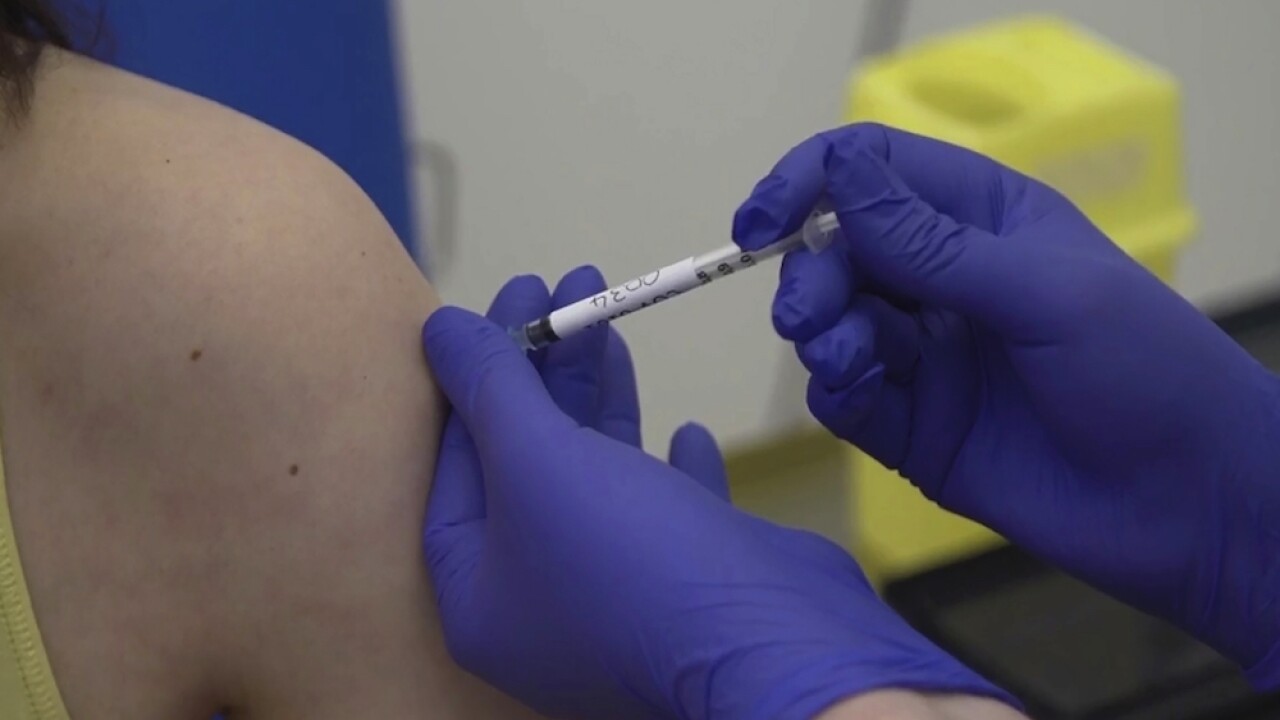Today, Gov. John Bel Edwards announced that Louisiana would expand eligibility for the COVID-19 vaccine to everyone 16 and older with health conditions that makes them more likely to suffer a serious complication from COVID, based on federal health guidance. This change is effective immediately.
This means anyone 16 or older with one or more of 12 conditions considered by the Centers for Disease Control to be a “definite” high risk, including obesity, cancer, kidney disease or cardiovascular disease, is now eligible for the vaccine. Previously, people were only eligible if they were 55 or older.
Today’s change also means anyone 16 or older who is overweight or who has a condition the CDC considers “likely” to put a person at a high risk of serious COVID complications, including conditions like asthma, hypertension or Type 1 diabetes, is immediately eligible to be vaccinated.
The full list of conditions is below and also listed on CovidVaccine.la.gov. [gov.louisiana.gov] In addition, staff of congregate living facilities, including jails or prison guards, group home staff, shelter staff and staff or other congregate living facilities are now eligible.
"Appointments will still be required, and I hope people will be patient as doses are still very limited and not everyone will be able to immediately get their vaccine. This is another leap forward for Louisiana as we work together to put the COVID pandemic in our rear view," the governor said.
Louisianans who are 16 and 17 years old and who have one of the CDC-defined conditions are only eligible to get the Pfizer vaccine, which is the only currently available vaccine approved for people younger than 18.
PRIORITY GROUPS IN LOUISIANA
Within priority groups and tiers there is no particular sequencing. Participating providers must make available vaccine available to anyone who is eligible. Failure to do so will inform future decisions about distribution.
Priority Group 1-A: Ongoing
- Health care workers at Tier 1 and Tier 2 hospitals
- Staff and residents of nursing homes and long-term care facilities
- First responders to serve as vaccinators (Emergency Medical Services, fire personnel, law enforcement)
Priority Group 1-B, Tier One: Ongoing
- Dialysis providers and patients
- Ambulatory and outpatient providers and staff
- Behavioral health providers and staff
- Urgent care clinic providers and staff
- Community care providers and staff
- Dental providers and staff
- Nonemergency Medical Transportation staff
- Professional home care providers (including hospice workers) and home care recipients (including older and younger people with disabilities over the age of 16 who receive community or home-based care, as well as clients of home health agencies)
- American Sign Language (ASL) interpreters and Support Service Providers (SSPs) working in community and clinic-based settings, and clients who are both deaf and blind
- Health-related support personnel (lab staff, mortuary staff who have contact with corpses, pharmacy staff)
- Schools of allied health students, residents and staff
- Law enforcement and other first responders
- Persons 65 years old and older
- Louisiana Unified Command Group
- State and local essential COVID emergency response personnel
- Some elections staff ahead of March and April elections
- Teachers and any other support staff working onsite in K-12 or daycare
- Legislators and legislative staff
- All pregnant persons, regardless of age
- Staff of congregate living facilities
- Individuals aged 16-64 with at least one of the conditions listed by the CDC as placing them at an increased or likely risk of severe illness from the virus that causes COVID-19. The CDC list of conditions can be found here. They are:
- Asthma (moderate to severe)
- Cancer
- Cerebrovascular disease
- Chronic kidney disease
- Chronic liver disease
- COPD (chronic obstructive pulmonary disease)
- Cystic fibrosis
- Severe neurologic conditions such as dementia
- Down Syndrome
- Heart conditions, such as heart failure, coronary artery disease or cardiomyopathies
- Hypertension
- Immunocompromised state (weakened immune system) from solid organ transplant
- Immunocompromised state from blood or bone marrow transplant, immune deficiencies, HIV, use of corticosteroids, or use of other immune weakening medicines
- Obesity (body mass index [BMI] of 30kg/m2 or higher but < 40kg/m2)
- Severe obesity (BMIC >40kg/m2)
- Overweight (BMI 25-30 kg/m2)
- Pregnancy
- Pulmonary fibrosis
- Sickle Cell Disease
- Smoking
- Thalassemia (a type of blood disorder)
- Type 1 diabetes
- Type 2 diabetes mellitus


